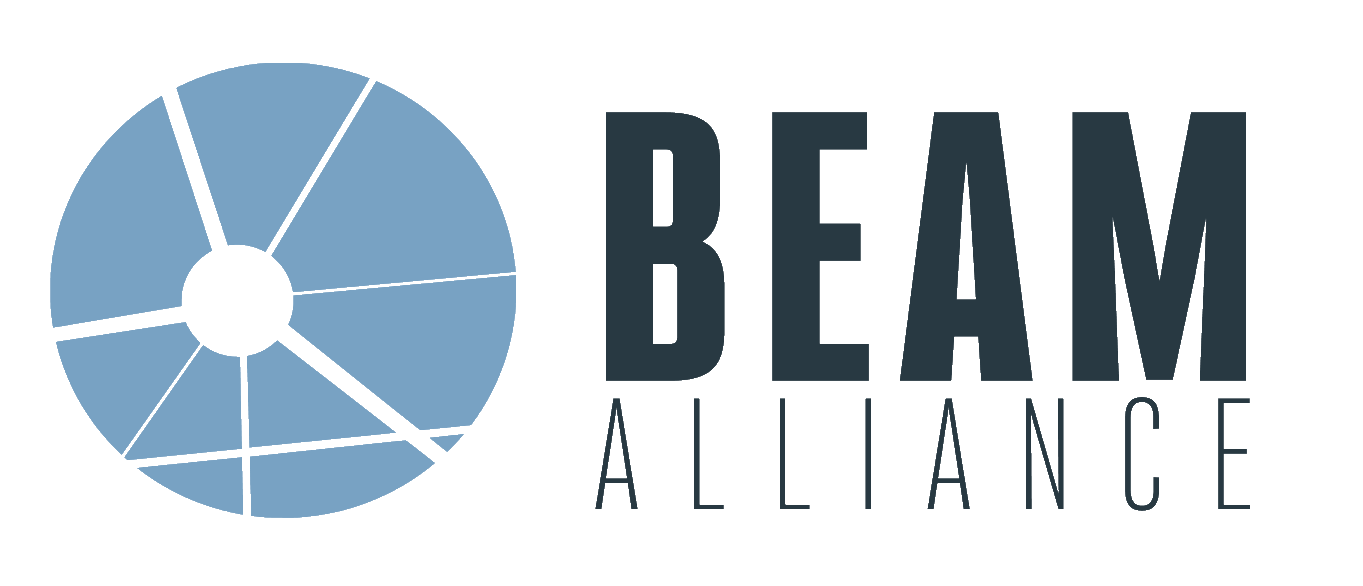DEINOVE reaches the first milestones of the Boost-ID project, selected as part of the France Relance plan, with the operational installation of its microfluidic screening platform

• The Boost-ID project was selected and financed under the France Relance plan
• The installation and qualification, in DEINOVE’s premises in Grabels, of a ultra-high-throughput screening platform based on microfluidic droplets are now effective
• DEINOVE has recruited an international expert in microfluidics applied to industrial biotechnologies for health to manage its Lab-on-a-Chip platform
• DEINOVE now has a unique platform for ultra-high-throughput screening at picoliter scale and for scaling up biomanufacturing to a 20L scale
DEINOVE (Euronext Growth Paris: ALDEI), a French biotech company, pioneer in the exploration and exploitation of bacterial biodiversity to address the urgent, global challenge of antibiotic resistance, announces that it has reached the first objectives and milestones set in the Boost−ID project (Bacteria Optimum Output Screening Tool for treating Infectious Diseases), selected in early 2021 by the France Relance plan. Boost−ID was one of 105 projects selected by the French government, out of nearly 1,000 candidates, as part of the “resilience” call for projects.
DEINOVE’s teams achieved the objectives within the given timeframe by installing and qualifying an industrial platform for ultra-high-throughput bacterial screening, based on microfluidic droplet technology. The platform is now integrated into DEINOVE’s entire discovery process.
The successful integration of the technology accelerates the selective isolation of high potential bacteria from environmental samples or from different microbiota. Microfluidics is based on the ultra-high-throughput manipulation (several million events per hour) of infinitely small containment volumes (on picoliter scale).
From picoliter to 20 liters, DEINOVE strengthens its position as an industrial biotechnology company dedicated to the identification of “gold nuggets” of natural origin, from the 99.9% unexplored microbial dark matter, with the screening of bacteria that are difficult to cultivate or those known as “viable but non-cultivable”. DEINOVE’s platform is truly unique, integrating the most advanced technologies in this field and perfectly adapted for industrial use.
Evelio Ramírez-Miquet, the new manager of the Lab-on-a-Chip1 platform, pioneer in the application of this technology to the healthcare and biotech sector, says: “DEINOVE has now integrated a state-of-the-art electro-optofluidic platform into its metabolite discovery strategy. It is the result of a complex combination of sensors, actuators and fluidic systems to enable rapid and accurate sample handling and ultra-high-throughput screening. We are currently developing an arsenal of new devices to accelerate, at an unprecedented rate, the discovery of natural molecules thanks to the miniaturization capacity of lab-on-a-chip systems while maintaining full compatibility with other DEINOVE R&D units”.
Michael Mourez, Chief Innovation Officer of DEINOVE adds: “The degree of integration and the high level of technology of our Lab-on-a-Chip platform is unique. Its character is all the more exceptional as it perfectly complements our state-of-the-art equipment and know-how in screening, synthetic biology and fermentation. The resulting combination opens up extremely exciting application prospects in the pharmaceutical and non-pharmaceutical field for us”.
Alexis Rideau, Chief Executive Officer of DEINOVE: “I would like to thank the French government’s services for their confidence and support. In a context of restriction and fierce competition for access to equipment, instruments, materials and raw materials, meeting our commitment to be operational in December 2021 and to include it in our antimicrobial screening process as soon as 2022 was a real scientific and logistical challenge that we are particularly pleased to have met”. He adds: “This tool opens up from now on the potential of new applications from the screening of microbial dark matter at a cost and rate that have never been seen before. While we remain fully committed to the public health and national sovereignty issues of antimicrobial resistance, today we are fully determined to leverage the potential of microbial biodiversity to address other industrial applications”.
Full PR available here

